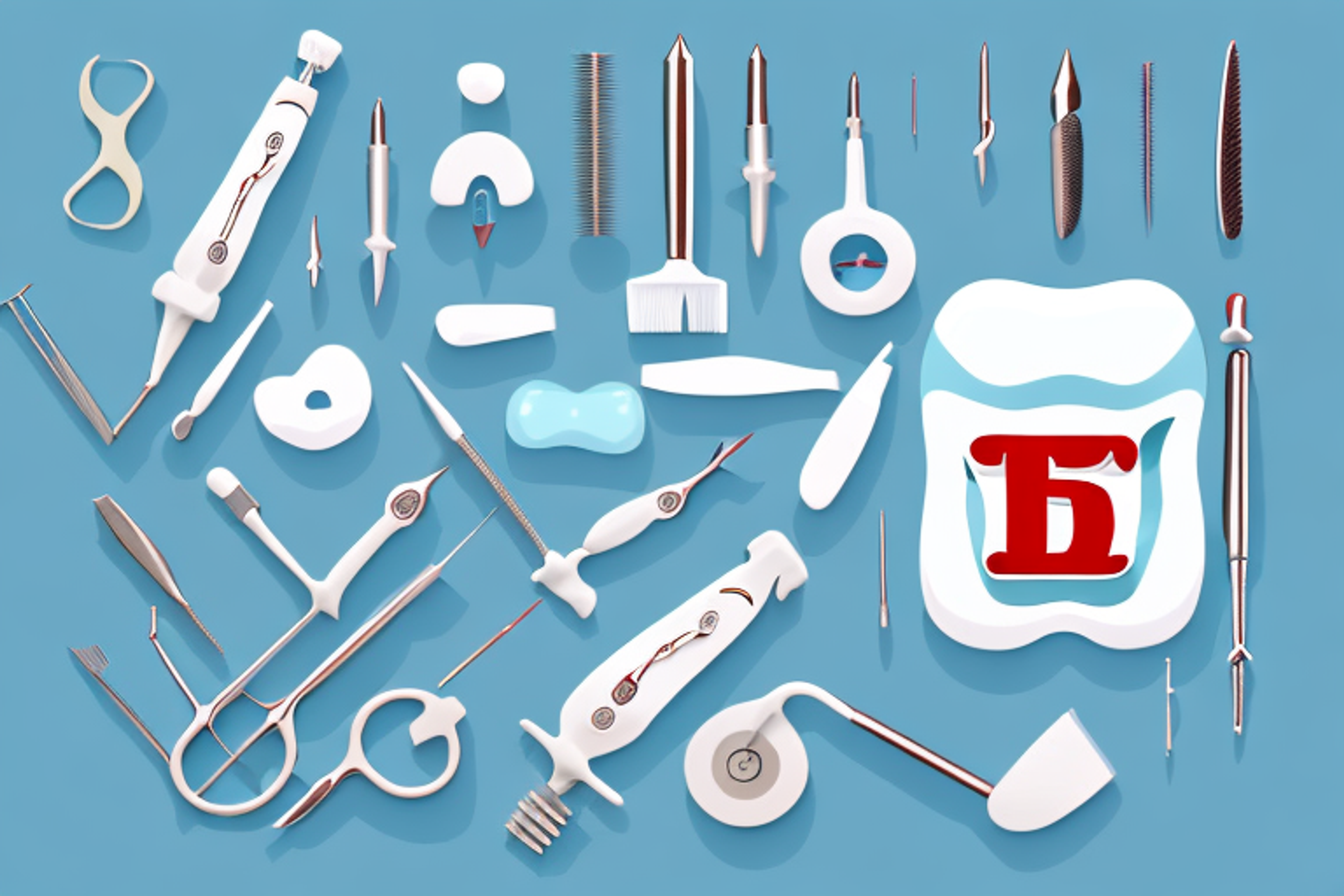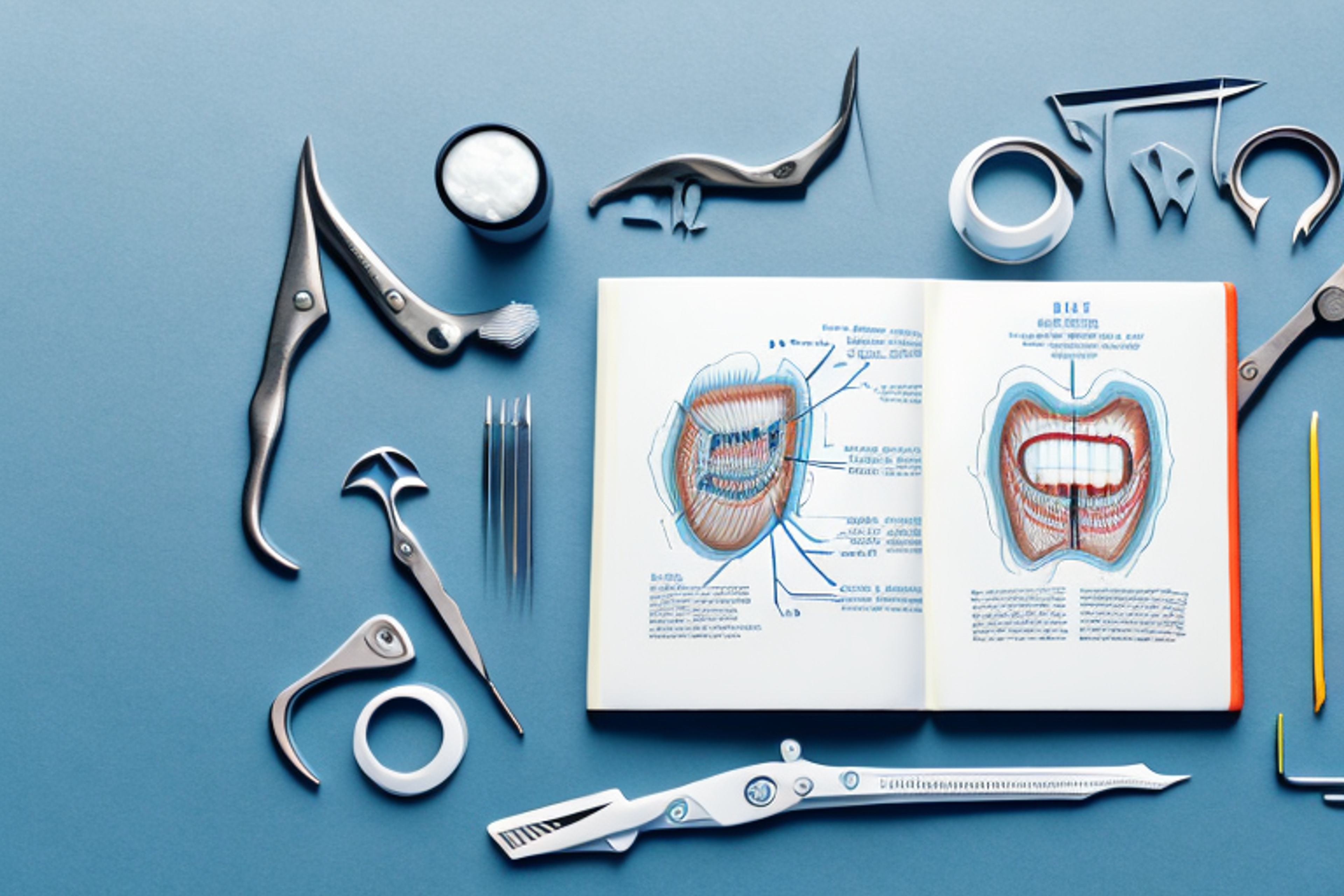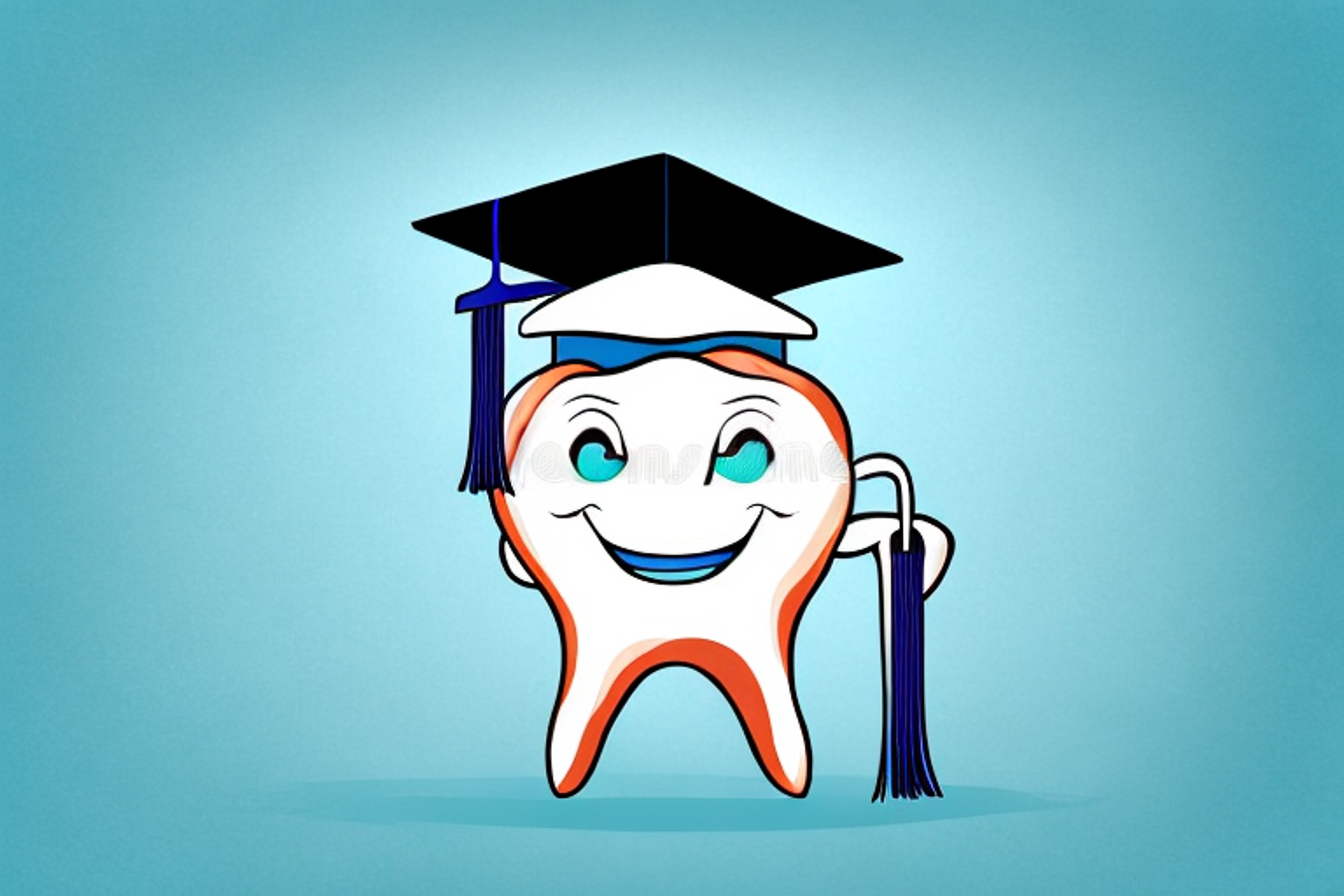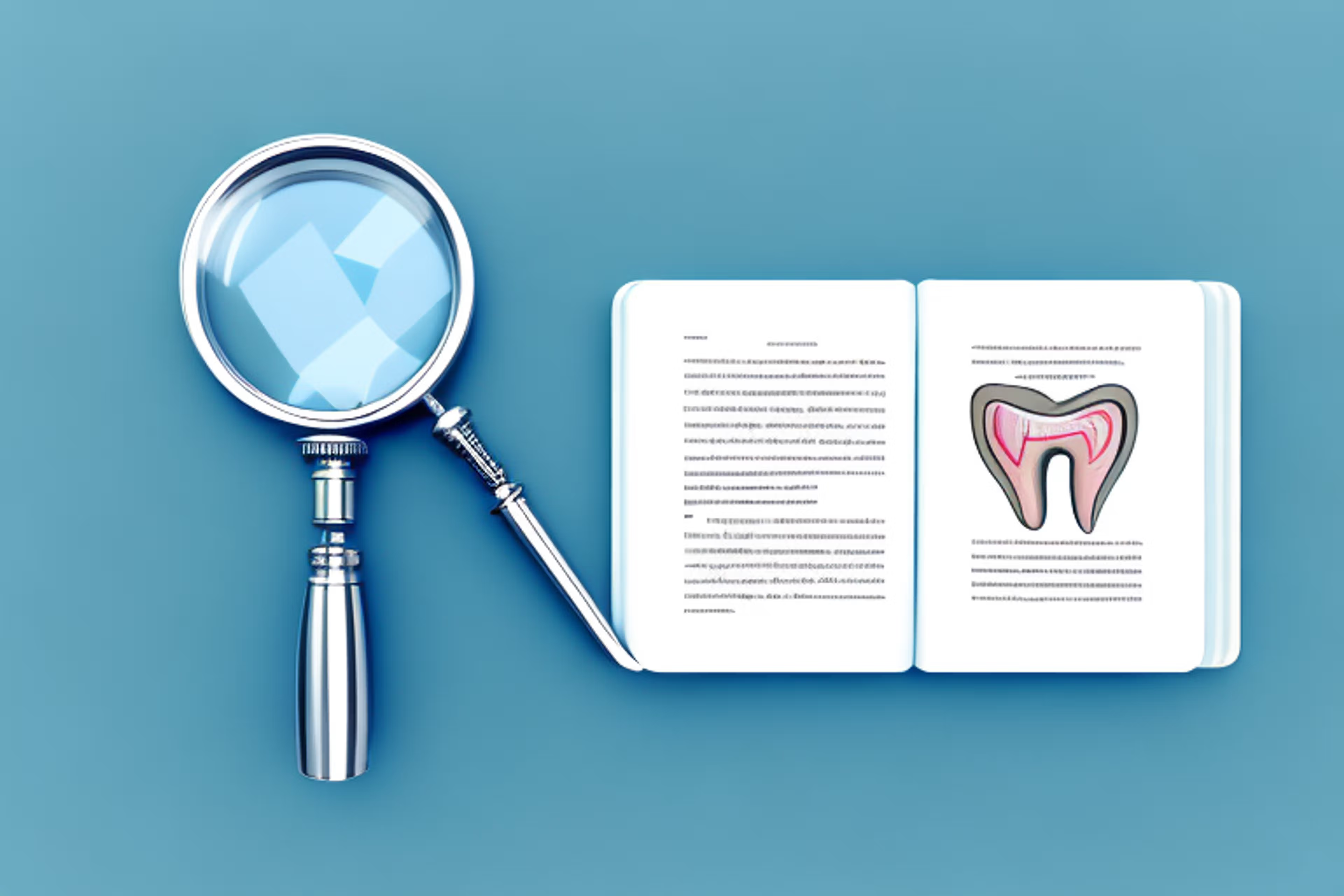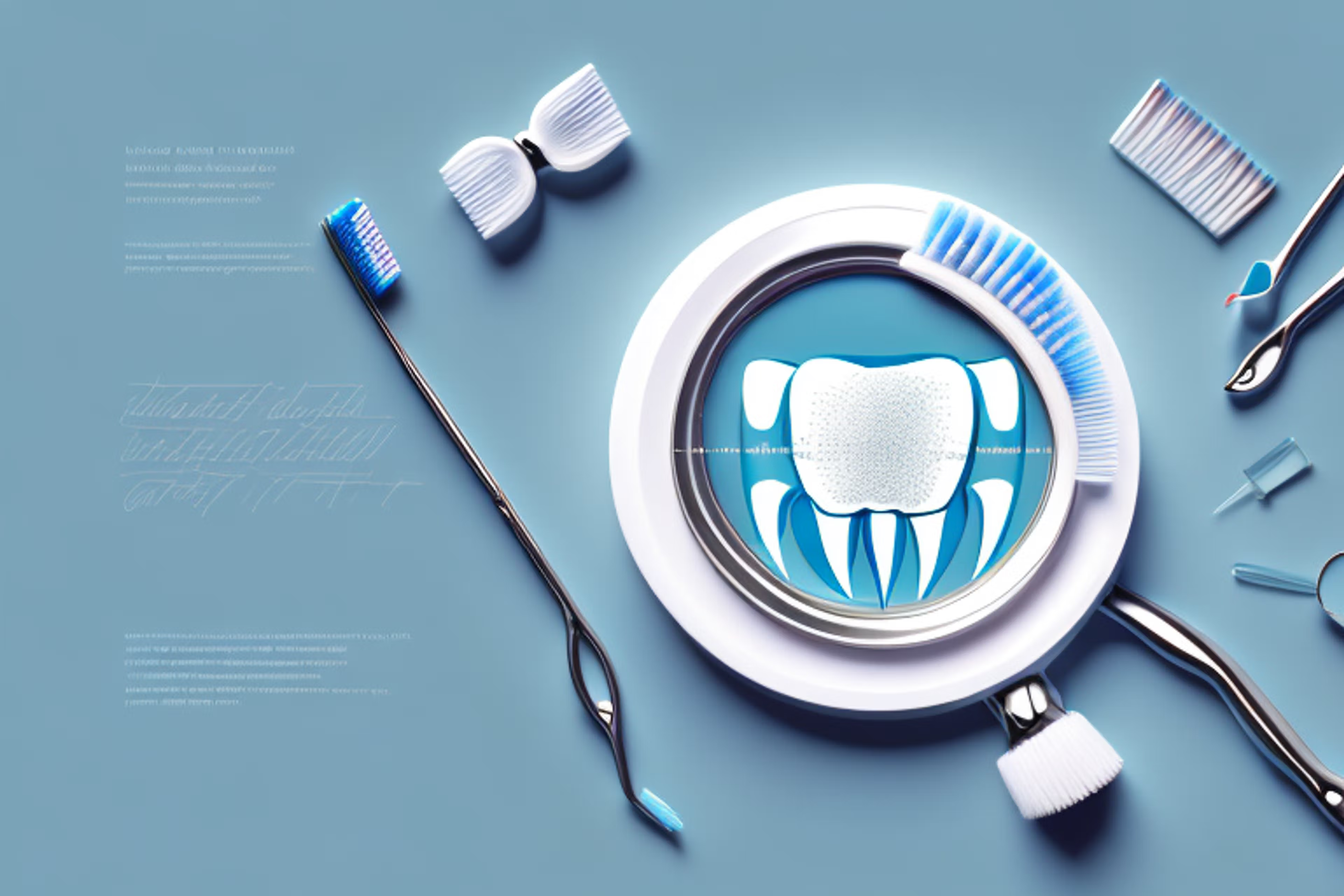
Table of Contents
As a future dental professional, the DAT (Dental Admission Test) is a crucial step in your journey towards obtaining a dental degree. The DAT is designed to assess your knowledge, skills, and abilities in various academic areas, including natural sciences, quantitative reasoning, and perceptual ability. Your DAT score is a significant factor in the dental school admissions process, and therefore, it is essential to prepare for the test thoroughly. In this article, we will guide you through all aspects of DAT test prep, providing you with valuable tips and insights to help you shine on exam day.
Introduction to the DAT Test and Its Importance for Future Dental Professionals
The DAT is a computer-based exam administered by the American Dental Association (ADA). It consists of four sections: the Survey of the Natural Sciences, Perceptual Ability Test, Reading Comprehension, and Quantitative Reasoning. The test takes about 5 hours to complete, including breaks, and is offered throughout the year at Pearson VUE Test Centers. The DAT is a critical component of the dental school application process, as it provides admissions committees with an objective measure of your academic aptitude and potential for success in the program. Therefore, it is essential to prepare adequately for the exam and achieve a high score.
Preparing for the DAT requires a significant amount of time and effort. It is recommended that students spend at least 3-6 months studying for the exam, using resources such as study guides, practice tests, and review courses. Additionally, it is important to develop effective study habits, such as creating a study schedule and setting achievable goals. Many dental schools also consider extracurricular activities, volunteer work, and shadowing experiences when evaluating applicants, so it is important to maintain a well-rounded profile. By putting in the necessary work and preparation, future dental professionals can increase their chances of success on the DAT and in their dental careers.
Understanding the Format of the DAT Test
To prepare for the DAT test effectively, you need to understand the format and content of each section of the exam. The Survey of the Natural Sciences section assesses your knowledge of biology, general chemistry, and organic chemistry. The Perceptual Ability Test measures your spatial reasoning skills, including your ability to manipulate 3D objects mentally. The Reading Comprehension section evaluates your ability to comprehend and analyze information from scientific passages. Finally, the Quantitative Reasoning section tests your math skills, including algebra, geometry, and trigonometry. It is crucial to allocate your study time effectively, based on the weightage of each section and your strength and weaknesses.
It is important to note that the DAT test is a computer-based exam, and you will have access to an on-screen calculator during the Quantitative Reasoning section. However, you will not be allowed to use any external calculators or reference materials during the exam. Additionally, the DAT test is a timed exam, and you will have a limited amount of time to complete each section. Therefore, it is essential to practice time management and develop strategies to answer questions efficiently and accurately.
Creating a Study Plan for Efficient Test Prep
To prepare for the DAT test, you need to develop a comprehensive study plan that allows you to cover all the exam's content and formats. The key is to start early and set realistic goals for each study session. Allocate more time for sections that you are weaker, and do not neglect weaker sections either. You should create a timetable that fits your daily routine, and make sure to include break times to prevent burnout. You may also want to recruit study buddies or join an online study group to enhance your learning and share insights and strategies.
Choosing the Right Study Materials for DAT Test Prep
Choosing the right study materials is crucial for efficient and effective DAT test prep. There are various resources available, including review books, online courses, and practice tests. It is essential to choose materials that align with your study plan and learning style. Review materials that cover the entire test format, topic-wise review materials, in-depth materials to strengthen particular areas of the test, and additional practice tests are all essential. Look for materials that have excellent reviews and seek advice from your peers and professors.
Mastering Time Management Techniques During DAT Test Prep
Time management is critical during DAT test prep, as it will help you cover the content adequately and respond promptly during the test. One effective method is to use the Pomodoro technique, which involves working for 25 minutes and taking a 5-minute break in between. Another method is to take timed practice tests to get accustomed to the time pressure during the test. You should also learn time-saving techniques to help you maximize your efficiency during the test.
Tips and Tricks to Enhance Your Memory Retention for the DAT Test
The DAT test requires you to retain a vast amount of information, also it is an evaluation of your critical thinking skills. There are several ways you can improve your memory retention and critical thinking abilities. One way is to use mnemonic devices to help you remember critical facts and concepts. Another way is to engage in active recall by testing yourself regularly on the content you have covered. Finally, practicing with practice tests and problem-solving can help you sharpen your critical thinking abilities.
Strengthening Your Verbal Communication Skills for the Perceptual Ability Section
The Perceptual Ability Test section of the DAT test assesses your spatial reasoning and visual perception skills, which are vital for dentistry. To strengthen your verbal communication skills, you may want to practice solving geometric and spatial problems through verbal description, including describing the object's size, shape, and position. Another way is to use visualization techniques to help you mentally manipulate 3D objects and practice with practice tests to test your performance.
Strategies to Improve Your Quantitative Reasoning Skills for the Math Section
The Quantitative Reasoning section of the DAT test assesses your math skills, including algebra, geometry, and trigonometry. To improve your quantitative reasoning skills, you can start by revising the basic mathematical concepts and formulas. Practice solving math problems regularly, especially as per the DAT test format. Adopting mental math methods like estimation and approximation can help you save time during the test and may prevent careless errors.
Developing Critical Thinking Skills for the Science Reasoning Section
The Science Reasoning section of the DAT test assesses your critical thinking skills and ability to analyze and evaluate scientific information. To develop your critical thinking skills, you should practice reading and analyzing scientific passages regularly, including identifying the main point, supporting evidence, and author's perspective. Practice answering questions based purely on logical reasoning - as you might encounter on the exam - can also help you elevate your critical thinking skills to perform better during the test!
Practice Makes Perfect: The Importance of Taking Practice Tests during DAT Test Prep
Taking practice tests is essential for effective DAT test prep, as it helps you assess your knowledge, skills, and abilities and identify areas of improvement. Furthermore, practice tests provide a simulated test-taking environment which can help you overcome stress and test anxiety. It is vital to take practice tests that align with the DAT test format - so that you can develop a sense of familiarity with similar test questions and the format - review and analyze the test results to improve.
Overcoming Test Anxiety and Building Confidence before Exam Day
Test anxiety can be overwhelming and interfere with your performance during the DAT test. To overcome test anxiety, you can take active steps to build your confidence. Effective techniques include deep breathing, visualization, positive self-talk, and meditation. You should also try not to overthink or dwell on your mistakes - instead focus on the questions in front of you. Several online resources offer stress management techniques specifically tailored to the DAT exam as well.
How to Evaluate Your Performance on Practice Tests to Identify Areas of Improvement
Evaluating your performance on practice tests is crucial to identify your strengths and weaknesses and make necessary improvements. Analyzing your test results can help you determine which sections or topics you need more focus on. Consider questions you answered incorrectly, review knowledge gaps, and examine the areas where you lost the most points. Use this data to adjust your study plan accordingly.
Collaborating with Other Future Dental Professionals to Maximize Study Efforts
Collaborating with other future dental professionals can help you maximize your study efforts by sharing insights and study plans. Online forums and study groups are an excellent resource to discuss challenging concepts and answer tricky questions. You can also practice answering questions together, and get feedback from other peers. Group study sessions can be highly beneficial if everyone is contributing equally, partaking in discussions and weighing in on specific points.
Final Thoughts and Next Steps after Completing Your DAT Test Preparation
Effective preparation is key to achieving a high score on the DAT test, so it is vital to approach it with the right mindset and study plan. After completing your preparation, remember to remain confident, well-rested and alert on exam day for your best performance. Regardless of the score, understand that the DAT test is just one factor in the dental school admissions process. You should stay driven, focused, and continually work towards your goal of dentistry, improve in areas that require attention, and be open to constructive criticism from peers. With the right study plan, practice, and mindset the path to earning your dental degree is clear.


